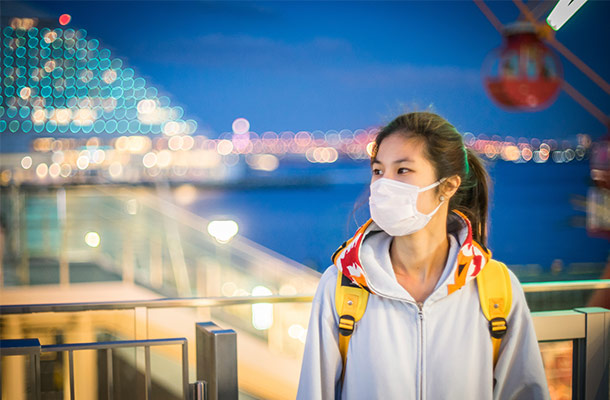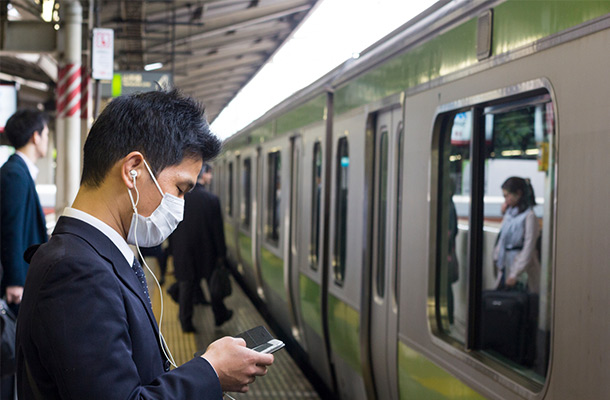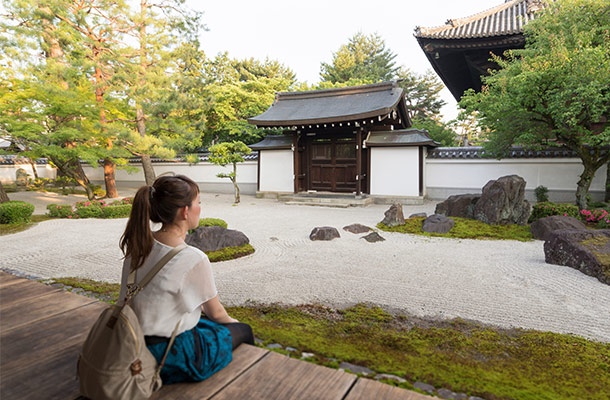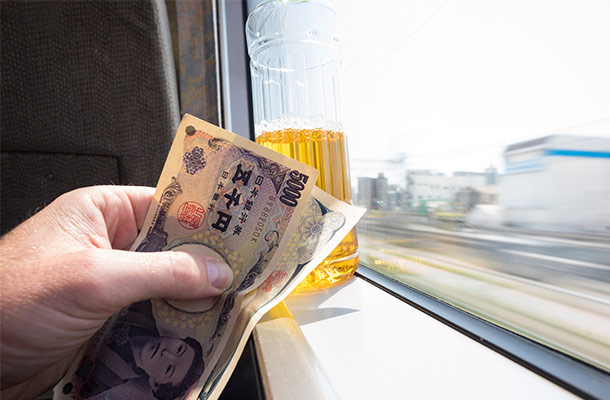What Vaccinations Do You Need Before Going to Japan?
Do you need shots before visiting Japan? Though it’s generally a healthy and medically advanced country, that doesn’t mean you shouldn’t take precautions. Local insider, Selena, gives us a rundown on what you should know before you leave.
 Photo © iStock/junce
Photo © iStock/junce
There are no vaccines required to visit Japan. However, despite the relative safety of the country, it’s always a good idea to take some basic health precautions before traveling.
- Routine Vaccines
- Measles Outbreaks in Japan
- Japan's Cold and Flu Season
- General Coughs and Ills
- Norovirus in Japan
- Japan's Dengue Fever Scare
- Is the Tap Water Safe in Japan?
Routine vaccines
The United States Centre for Disease Control (CDC) recommends that travellers should be up to date on routine vaccines before going on your trip: “These vaccines include measles-mumps-rubella (MMR) vaccine, diphtheria-tetanus-pertussis vaccine, varicella (chickenpox) vaccine, polio vaccine, and your yearly flu shot.”
Measles outbreaks in Japan
Measles outbreaks have been an ongoing problem in Japan, with at least a few school closures per year up until 2014 as a result of those outbreaks.
Though the number of cases have declined in recent years, there are still active cases in Japan, such as that of a fan who attended a Justin Bieber concert and was soon after diagnosed with measles.
Measles vaccines are highly recommended. Peak measles season is in the spring and summer.
Japan's cold and flu season
Influenza is also a regular occurrence in Japan, with flu season running through the winter months (December or January through February or March).
Over a million people came down with the flu in the 2015-2016 season, and the most prevalent strain of the virus was the type-A H1N1, with type-B following.
There have also been some cases of avian influenza in Japan, though no human cases have been reported.

General coughs and illnessess
Tokyo and other major metropolitan centres in Japan are very dense, and many people use public transportation on a daily basis. Additionally, in Japanese culture it’s not uncommon to go to work even when sick, increasing the risk of disease transmission.
Many people wear face masks during this season, both to keep germs out and in, which may or may not quell the spread of disease. If you do travel to Japan and especially if you ride public transportation, vaccination and basic hygiene preventative measures, like hand washing, are recommended.
Other vaccines may be recommended for some travellers depending on their circumstances, such as age, medical condition, specific destination, etc. Check with your doctor.
Norovirus in Japan
Norovirus is another commonly transmitted disease in Japan. A gastrointestinal virus that leads to diarrhoea and vomiting, there is no generally available vaccine for this disease, although one is undergoing clinical trials.
Again, the virus is most prevalent during winter months, and is transmitted through the air and through casual contact. Basic hygiene preventative measures are advised.
Japan's Dengue Fever scare
In the summer of 2014, Japan saw a dengue fever outbreak after 70 years without any reports of the disease. A total of 162 cases were reported nationwide, with the outbreak traced to Tokyo’s Yoyogi Park.
Government officials acted swiftly, closing the park for 57 days and spraying for mosquitos. Although no further outbreaks have been reported since then, mosquitos are widespread during the hot and humid Japanese summer.
As dengue fever vaccines have only been approved in three countries, the best measures to take for dengue and other mosquito-borne illnesses are preventative, avoiding mosquito bites with things like insect repellent and protective clothing.
Is the tap water safe in Japan?
Tap water is generally safe in Japan, and there have been no significant reports in recent years of waterborne illnesses, though there have been a few isolated cases.
Related articles
Simple and flexible travel insurance
You can buy at home or while traveling, and claim online from anywhere in the world. With 150+ adventure activities covered and 24/7 emergency assistance.
Get a quote


No Comments